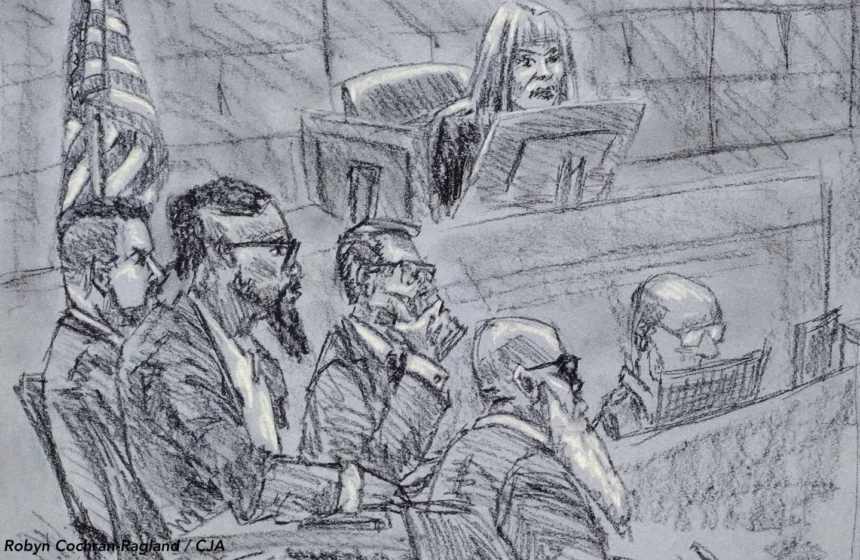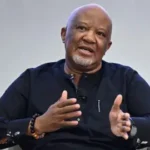In a rare case that intertwines international human rights violations with the American justice system, a former Gambian soldier has been convicted in the United States for his role in the torture of individuals suspected of attempting to overthrow the Gambian government in 2006. This landmark trial not only sheds light on the brutal tactics used by regimes to silence dissent but also signifies a growing commitment by U.S. authorities to hold foreign perpetrators accountable for human rights abuses.
Background of the Case
The former soldier, who has not been named publicly due to legal reasons, was charged under U.S. federal law after he resettled in the U.S. following his service in the Gambian military. The charges stemmed from his involvement in the torture of suspected coup plotters in a notorious incident in 2006 when a group attempted to usurp the rule of then-President Yahya Jammeh. Jammeh’s regime was notorious for its iron-fisted approach to governance, which included arbitrary arrests, torture, and extrajudicial killings.
The shocking allegations came to light when several victims managed to escape the Gambian regime’s clutches and began to seek justice through legal avenues in the U.S. Lawsuits were filed, detailing harrowing accounts of physical and psychological torture, including beatings, isolation, and threats against the victims’ families. This led to an investigation that ultimately resulted in the former soldier’s arrest and subsequent trial.
The Trial and Conviction
During the trial, more than a dozen witnesses, including former political prisoners, testified to the gruesome realities of prison life under Jammeh’s rule. They recounted instances of being beaten, tortured, and left in inhumane conditions, all under the hands of soldiers like the one now facing justice. Witness testimonies painted a vivid picture of a regime that thrived on fear and repression, making it painfully clear that the atrocities were not merely isolated incidents, but rather part of a systematic effort to crush dissent.
The jury found the former soldier guilty on multiple counts of torture against individuals due to their political affiliation. The conviction is significant as it not only holds this individual accountable but also sends a strong message that U.S. courts will not turn a blind eye to human rights abuses carried out in foreign lands, especially when these actions come to light on American soil.
Implications for Human Rights
This case represents a critical moment in the global fight for human rights and accountability. It highlights the growing trend among nations, including the U.S., to take a stand against human rights violators, regardless of where they may have committed their crimes. By prosecuting perpetrators of torture and other abuses, the U.S. reinforces its commitment to human rights ideals and the principles of justice.
Moreover, the conviction has reignited conversations about the importance of transitional justice in post-conflict societies. As countries in the West African region grapple with the consequences of authoritarian rule, this case serves as a reminder that victims deserve justice and that accountability is a necessary precursor to healing and reconciliation.
Conclusion
The conviction of the Gambian ex-soldier opens a crucial chapter in the broader narrative of human rights justice. It signifies hope for victims of political violence and serves as a testament to the resolve of nations to confront the ghosts of their past. In a world where human rights violations continue to afflict many, the case stands as a beacon for those who dare to seek justice against oppressive regimes, no matter how far-reaching their influence might be. As the ex-soldier prepares for sentencing, one thing is clear: justice, however delayed, is still attainable.
Email Us on editorial@nnafrica.com













